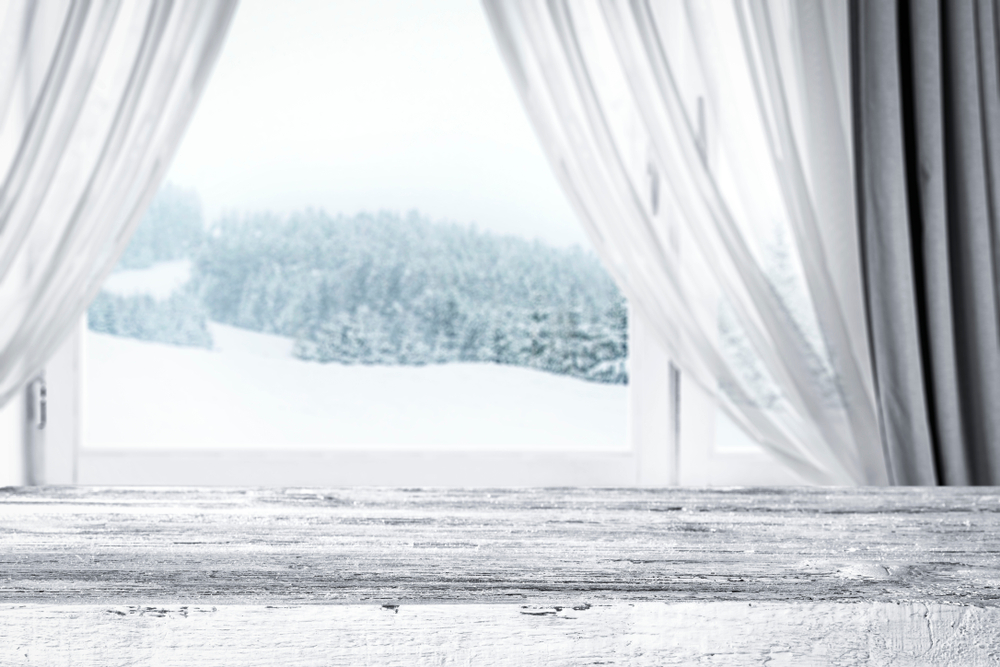The winter holiday season can bring with it not only the sting of cold air, but also the sting of regret: the not-quite-achieved resolutions, the disappointing family get-togethers, the wishes that the new year will be different.
Regret is a slippery slope for our mental health. It puts us in a mindset of negativity and passivity — which can make us feel like a victim of our circumstances, rather than an active participant. That’s a pathway to winter blues and even depression.
It’s not just holidays, of course, that can produce a wave of regrets — rational or not. In my own house right now, my 17-year-old son is facing college application deadlines this month. Instead of focusing on the many good choices he made that led to a stellar high school academic and athletic career, he’s focusing on the “should haves” or “could haves” — berating himself for not logging more community service hours or training even harder in the pool. This is the same emotional trap.
This time of year, I try to be proactive about dodging year-end regrets. Here are some simple, science-backed strategies that I use:
Practice gratitude.
Gratitude is the antidote to regret. It forces us to be mindful of the present, not dwell in the past. Gratitude opens the door to acceptance and appreciation for what we have, rather than the longing for what we don’t have. Around the holidays, this can be particularly salient when our family relationships don’t always measure up to the Beaver Cleaver images we may have hoped for.
Thinking about what you are grateful for also has health benefits. Studies have shown that gratitude increases happiness, reduces depression and loneliness, promotes better sleep. And those who practice gratitude report less aches and pains.
There are formalized methods, such as jotting down what we feel grateful for in a daily journal. But a gratitude practice can also be about offering genuine thank-yous to those who improve our lives in ways large and small, from the friendly barista who remembers your order to a partner who offers unconditional support.
Begin the day with beauty.
Only about 25% of people are true morning people. For everyone else, mornings can be tough — especially in winter. Soften the blow by looking at something beautiful at the start of your day. If you are fortunate enough to live in a place with natural beauty outside, take that moment to gaze at the mountains or the ocean or just any green space around you. One study of neighborhoods in Toronto found that having, on average, the equivalent of 10 more trees in a city block improved residents’ health perception in ways comparable to being seven years younger and earning $10,000 more a year.
There are indoor supplies of beauty, too. Photographs of loved ones, for example, like an adorable image of your child as a baby, also have a mood and performance-lifting effect. If you’re really at a loss, look at one of the many adorable puppy videos on YouTube. Research has shown that starting the day with a mood-booster increases your work productivity throughout the day.
Practice self-care night and day.
Holiday parties, gift-wrapping sessions or elf-on-the-shelf capers can keep you up late. But this can take a toll on your mood and desire to socialize in just a few days. When we are sleep-deprived we become more irritable and less frustration tolerant — making any tense family get-togethers all the more challenging. To avoid the regret of lashing out at your in-laws during Christmas dinner, insist on getting enough sleep.
Celebrating the holidays — for me, at least — also involves some extra indulgence when it comes to food and wine. This time of year, I make sure to amp up my physical activity as means to manage stress and to avoid any Christmas cookie regret come January.


